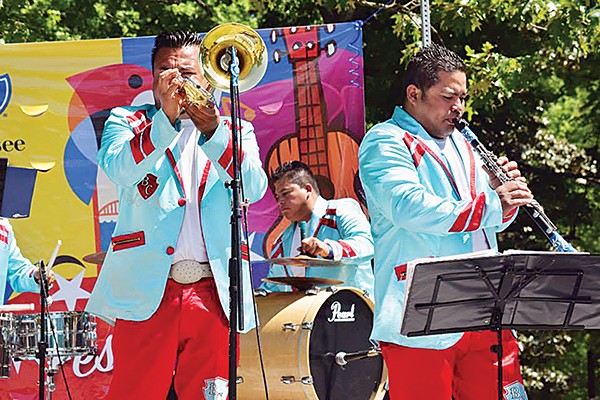As with almost all his policy initiatives, President Trump’s administration has resorted to obfuscation and lies; this is particularly true with regard to immigration enforcement.
During the 2016 presidential campaign, Trump claimed that his administration would focus on arresting undocumented criminals, the so-called “bad hombres.” Homeland Security insists that this, in fact, is official policy. The most current Immigration and Customs Enforcement (ICE) raids in Memphis suggest a very different reality.
From July 23rd to July 26th, as part of a regional operation, ICE arrested 83 individuals on immigration charges in Nashville, New Orleans, and Memphis. Of the 83 arrested, 64 had no significant criminal background.
This means that 80 percent of the arrests made during these raids were conceivably of people who were taking their kids to day care or the grocery store. These arrested and detained individuals are our friends, family, and neighbors. They are an integral part of the cultural, economic, and social fabric of our cities.
Unfortunately, we have been growing accustomed, since January 2017, to Trump administration deceptive-speak and aggressive actions. Last week, we should remember, Trump told police on Long Island, New York, that it’s “okay” to rough up individuals during detention and arrest.
But the president is not solely responsible for the fear facing the Latino community in Memphis and around the country. For nearly two decades, both political parties have recognized that our broken immigration system serves neither our economy nor the individuals caught in its archaic, outdated structure.
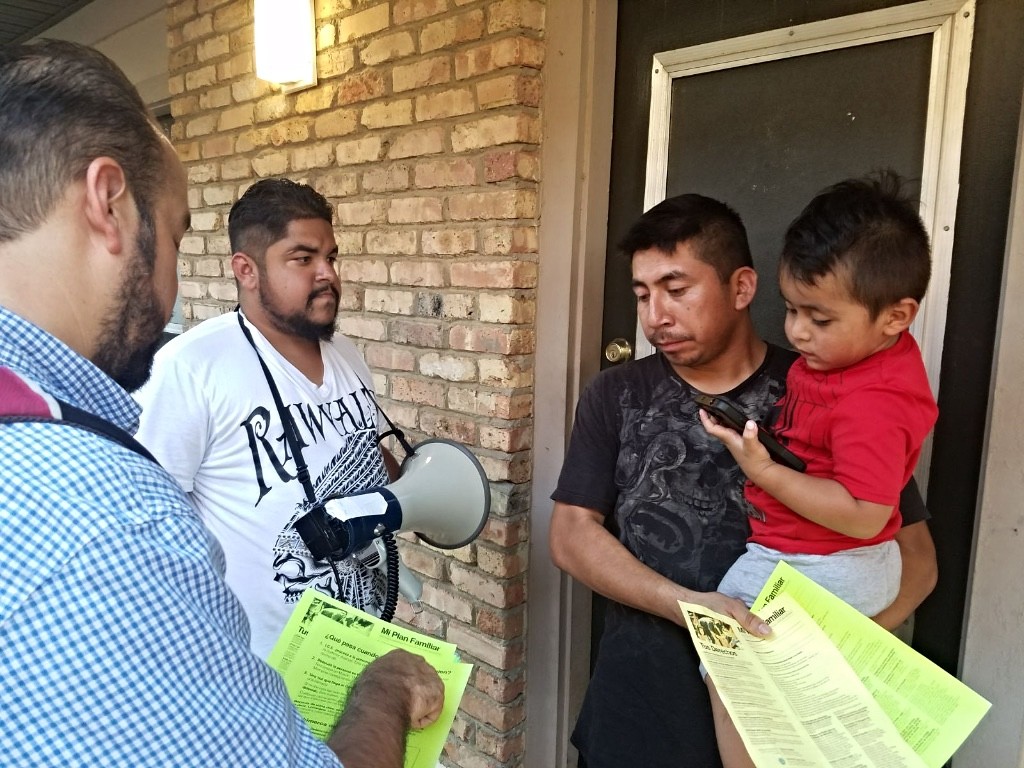 Latino Memphis
Latino Memphis
Latino Memphis members distribute immigration information
Rather than taking proactive measures, most politicians, business owners, and citizens have remained silent while a shadow economy developed in agriculture, construction, and the service industries. The vast majority of Americans said nothing as generations of undocumented immigrants toiled in the U.S.A., constructing our houses, preparing our food, and taking care of our children.
We Americans perpetuated the lie that this system was somehow mutually beneficial. We professed our personal support for legislation reforming this broken system, but failed to take effective action to make reform a concrete reality.
Our silence and inaction have created the perfect storm, whereby entire communities live under siege as a callous opportunist seeks political gain by tearing families apart. The greatest enemy to these communities is not President Trump, but the apathy of those who profit from decades of work undertaken by the undocumented. If Trump is to be stopped in his supposed “patriotic” pursuit of deportation, American apathy must end immediately.
In light of deep fears spreading through a community under attack, the response of our elected leaders has been silence. County Mayor Mark Luttrell has said nothing. Several months ago, Memphis Mayor Jim Strickland stated that the city would not enforce immigration laws and that Memphis remained a “welcoming city.” Those were important statements at a time when the threat was largely theoretical.
But now our community is struggling to make sense of the ICE incursions. With the school year starting, families will be exposed to ICE stops and raids while carrying out the most mundane of tasks, such as taking their kids to school. The time for broad platitudes from our mayors is over. We need action immediately.
First, school property must be declared a safe zone from ICE enforcement. Second, the Shelby County Sheriff should refuse any future collaboration with ICE at the Shelby County jail. Third, our city and county mayors should begin monthly meetings with the Latino community to explore policies to help resist and impede ICE enforcement within our city and county.
But resistance to this assault cannot be left solely in the hands of our local government. Individual citizens must demand action. We can begin by contacting local, state, and federal government officials, demanding a stop to ICE’s cruel tactics. We should also call for passage of comprehensive immigration legislation that includes a path to citizenship for undocumented immigrants. As the government continues its raids, we can push back against the ICE machine via sustained resistance both in the courtrooms and in the streets.
Silence and apathy have led us to where we are today, together with a political neophyte president in D.C., who reveals, daily, dictatorial tendencies. If Memphis is truly a “welcoming city,” we must not sit idly by while ICE tears families apart.
Bryce Ashby is a Memphis-based attorney. Michael J. LaRosa is an associate professor of history at Rhodes College.
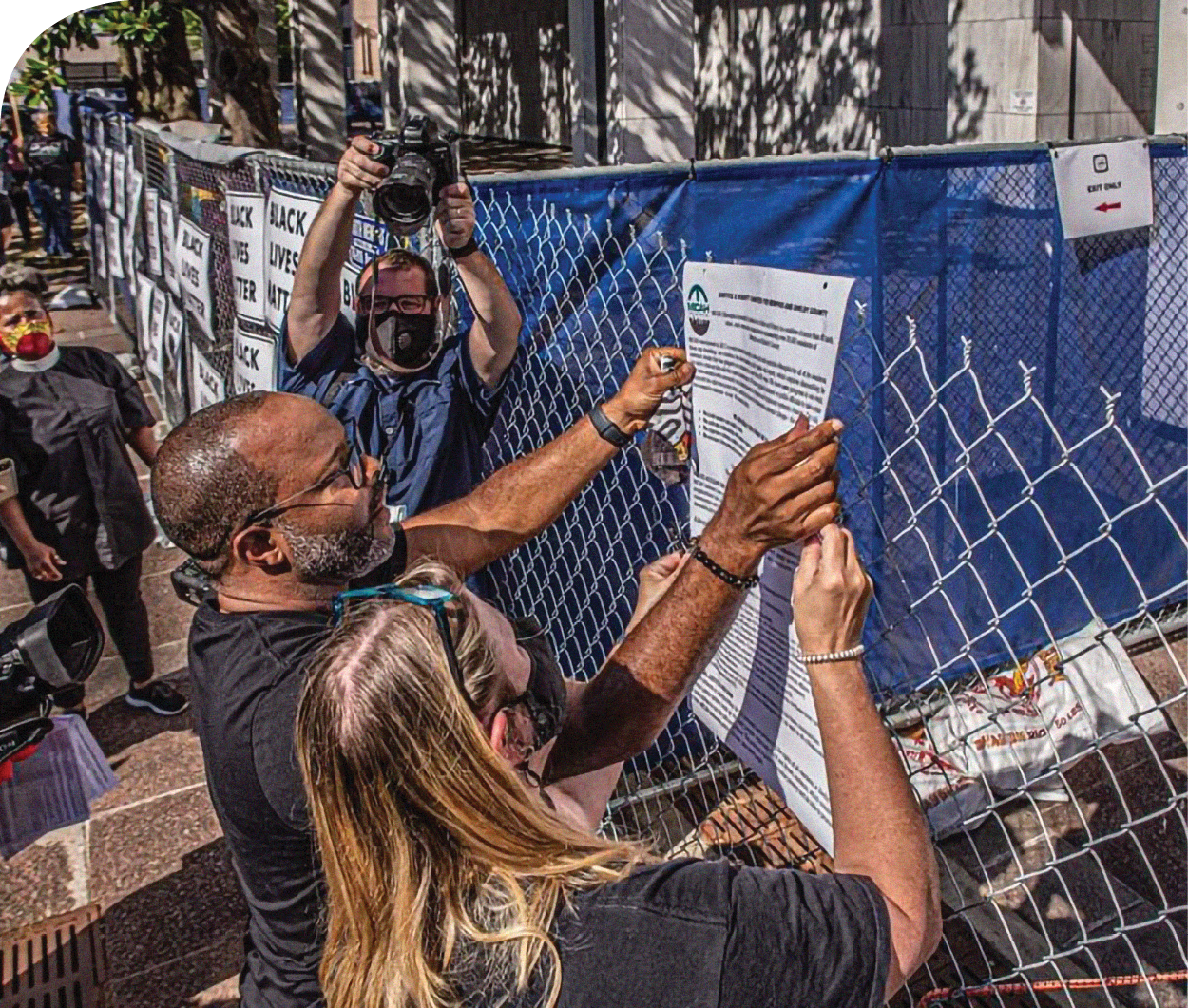 PHOTO BY MELVIN SMITH
PHOTO BY MELVIN SMITH  Latino Memphis
Latino Memphis 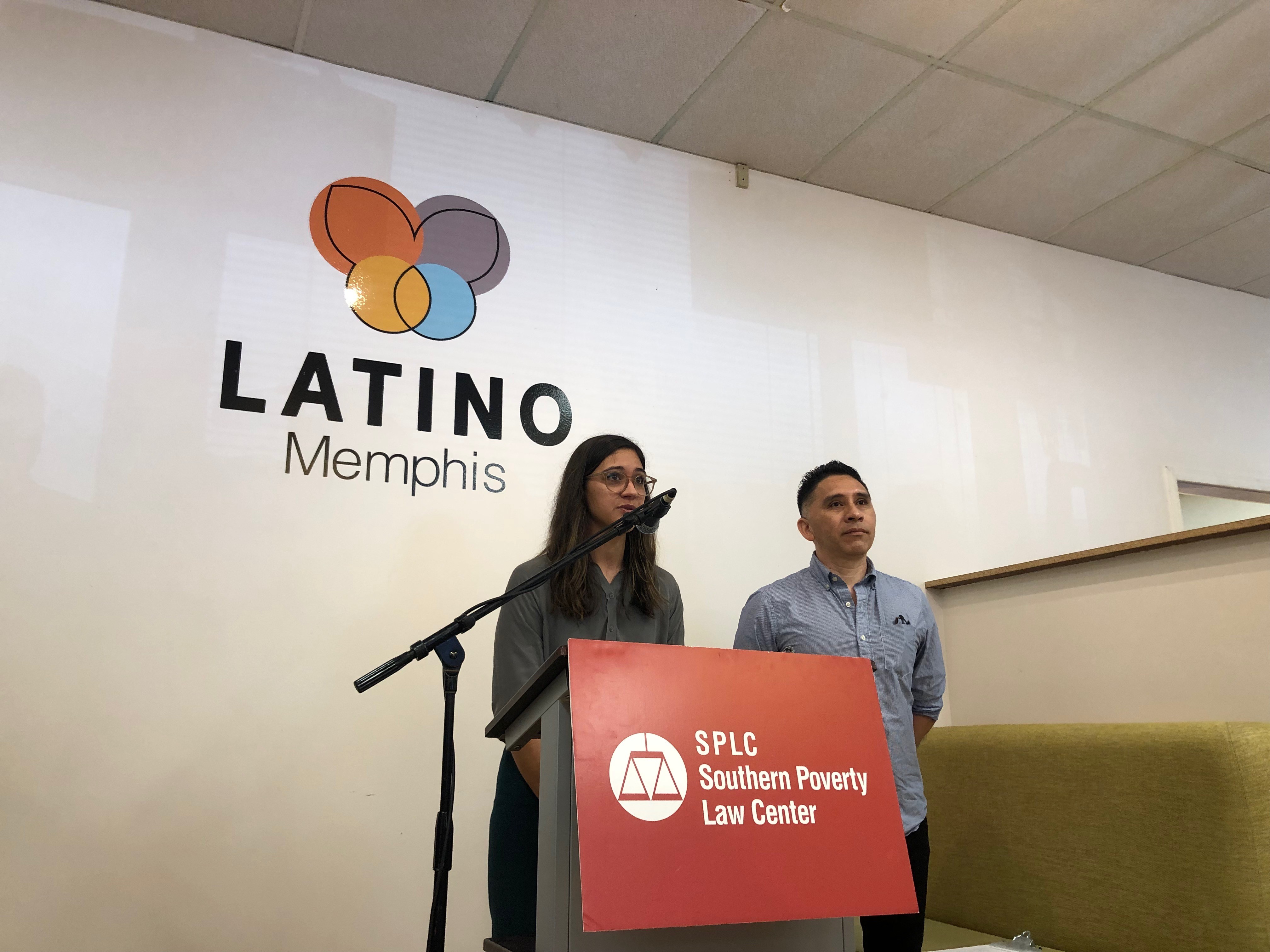 Maya Smith
Maya Smith  Latino Memphis
Latino Memphis 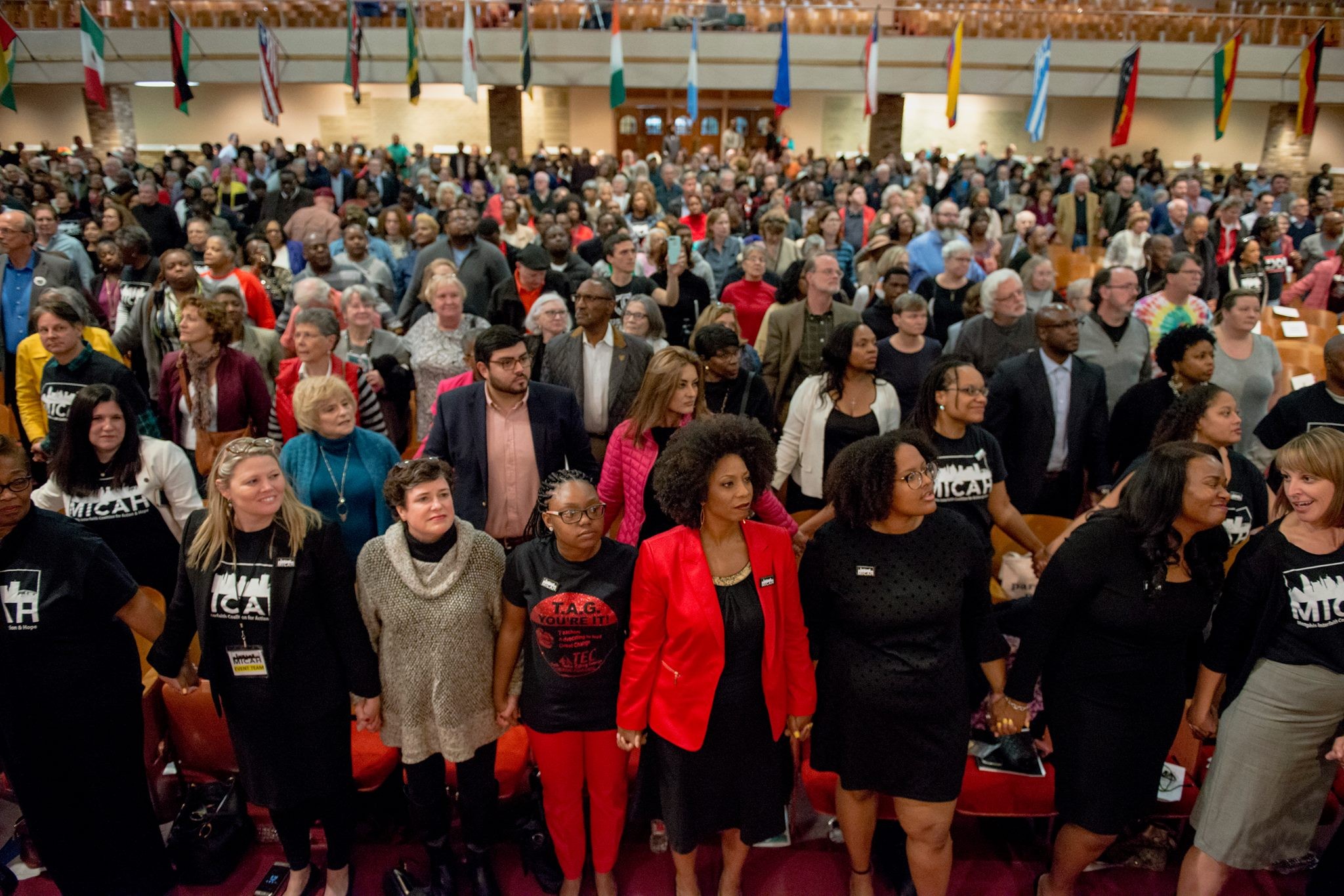 Memphis Interfaith Coalition for Action
Memphis Interfaith Coalition for Action 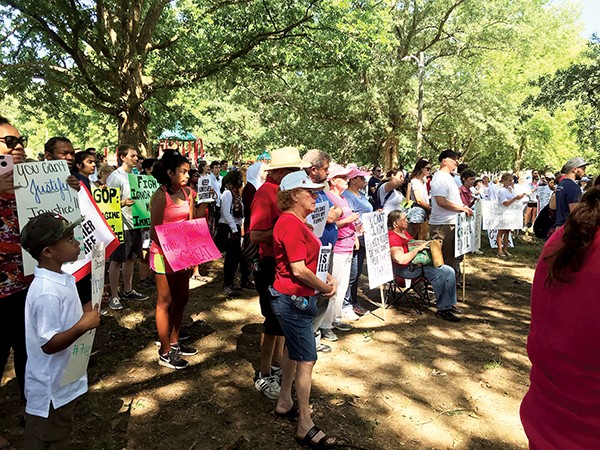

 Latino Memphis
Latino Memphis 